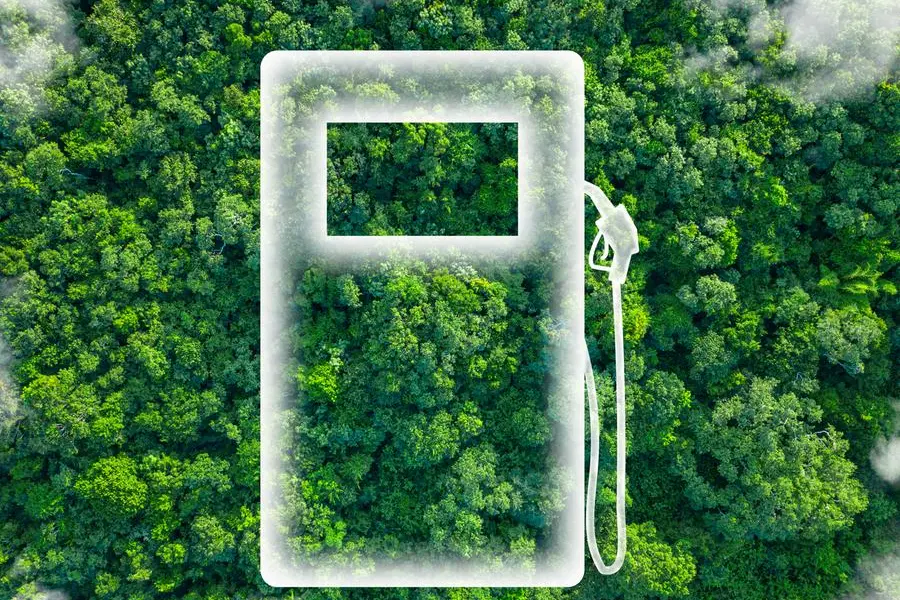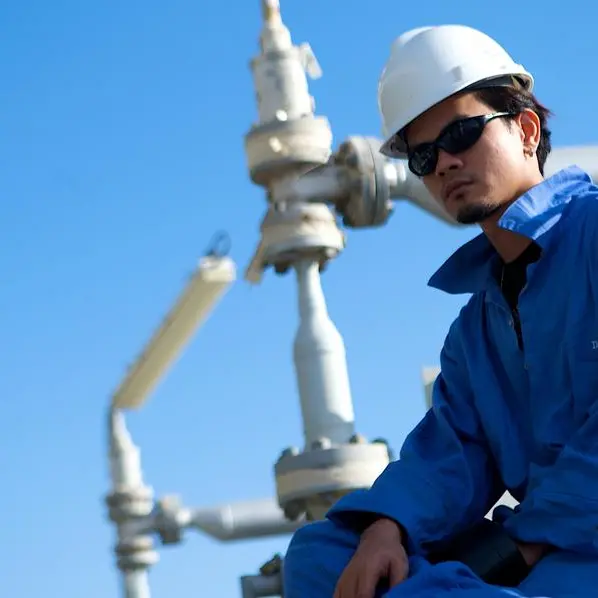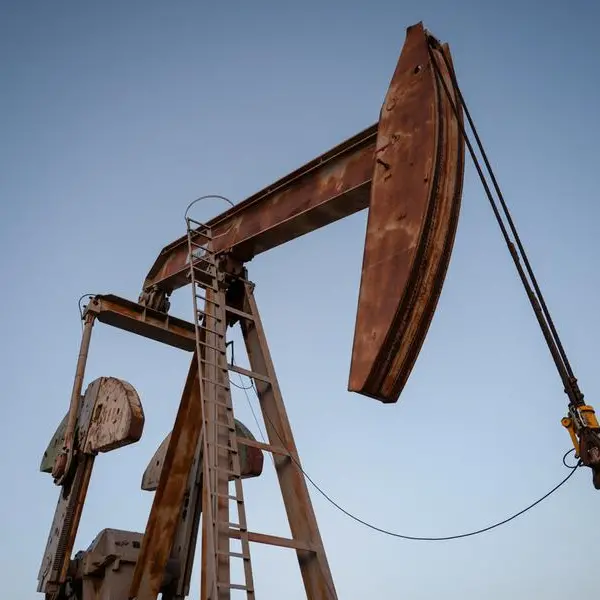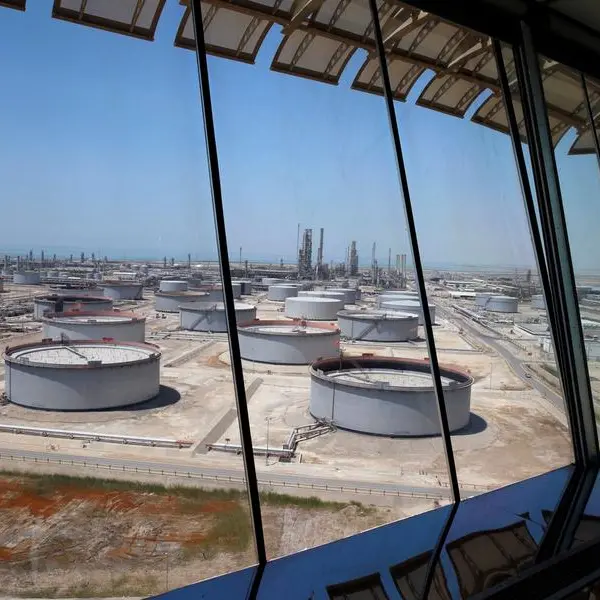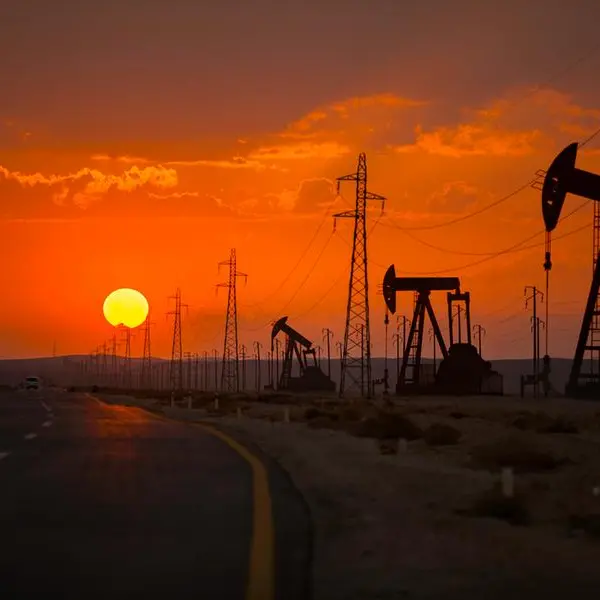PHOTO
The global narrative on energy security versus energy transition is characterised by a balancing act between immediate needs and long-term climate goals. The 2022 invasion of Ukraine and subsequent high energy prices have emphasised the critical importance of energy security, often pushing governments to prioritise stable energy supplies over sustainability. This pragmatic shift is visible in Europe, India, the US, and beyond.
Despite the urgent climate crisis, marked by extreme weather and environmental changes, there's a growing recognition that climate action strategies need to evolve. Ideological approaches are giving way to more practical methods, especially in Europe, parts of the US, and within international businesses and financial institutions.
In the US, the complexity of this transition is evident. While electricity demand had been stable, focusing on replacing fossil fuels with renewables, the rapid rise in power demand from data centres and the IT industry, which is set to triple to 45 gigawatts (GW) over the next six years in the world’s largest economy, highlights the urgent need for reliable power, clean or otherwise.
This situation underscores the broader challenge: balancing soaring energy demand with climate-conscious solutions. Integrating fossil fuels with cleaner technologies like carbon capture, storage, and hydrogen is essential. Establishing effective regulatory frameworks to incentivise these solutions is crucial globally, including in regions like India and China. Equity and justice between the Global North and South are crucial considerations. Technological transfer and efficiency improvements are essential, such as smart grids, which can improve efficiency by 10 percent. However, installing smart grids is more challenging in the Global South.
Additionally, grid infrastructure is often overlooked. For instance, in Virginia, renewable energy can be produced cheaply, but the grid infrastructure to distribute it is lacking. Research indicates that for every $1 invested in power generation, $1 should also be invested in grid infrastructure, implying trillions of dollars needed globally. These interconnected steps are vital for balancing immediate energy security with long-term sustainability goals.
To limit global warming to 1.5 degrees Celsius, the International Energy Agency (IEA) outlines five key urgent actions by 2030:
- Triple Renewable Energy Capacity: Increase from the current 3.3 terawatts to 11 terawatts.
- Double Energy Efficiency Improvements: Enhance the rate from 2 percent to 4 percent annually, boosting GDP output per unit of energy consumed.
- Reduce Methane Emissions: Achieve a 75 percent reduction by 2030, as methane is 25 times more potent than CO2. Currently, half the oil and gas industry has committed to zero methane emissions, but broader participation is needed.
- Triple Investments in Emerging Economies: Increase green investments from $600-700 billion to nearly $2 trillion annually by 2030.
- Reduce Fossil Fuel Demand by 30 percent: This requires an integrated approach, combining demand reduction, efficiency improvements, and renewable expansion.
These steps are interconnected and vital for balancing immediate energy security needs with long-term sustainability goals. The global energy transition demands a pragmatic approach, addressing both the urgency of climate change and the realities of energy demands.
The energy sector's transition is complex, influenced by socio-economic and geopolitical changes, evolving roles of IOCs, and industry consolidation, such as ADNOC's potential BP acquisition. Reducing oil and gas demand by 30 percent amid growing global demand poses challenges, requiring skilled leadership and workforce competency. Expanding renewable energy necessitates sustainable sourcing of critical minerals and affects industries like plastics.
Collaborative, collective action across sectors is essential, with initiatives like the UAE's COP 28 involvement highlighting the need for inclusive stakeholder engagement. Comprehensive planning and adaptive leadership are crucial to navigate these challenges and achieve a sustainable energy future.
The European oil majors' shift away from their energy transition commitments may disrupt the balance between energy security and transition policies. These companies face challenges in excelling in legacy hydrocarbons businesses and renewable power generation at the same time. While renewables are a struggle, areas like carbon capture, hydrogen, and synthetic fuels show promise.
In contrast, their US counterparts like ExxonMobil and Chevron prioritise profit, less concerned with societal impact. This divergence could lead European majors like BP and Shell to prioritise oil and gas in the medium term. Structural biases favouring US listings may prompt relocations, highlighting the need for European governments to address market concerns and maintain competitiveness.
Losing these European corporate behemoths to the US would entail more than just assets; it's a loss of institutional knowledge and capabilities that are irreplaceable. This loss would significantly impact not just energy security vis-a-vis geopolitical challenges like Russia, but also the ongoing Energy Transition.
Collaborative efforts, such as in carbon capture and hydrogen technologies, necessitate the involvement of entities like Japanese firms. Shell's shift from the Netherlands to the UK underscores the fluidity of corporate allegiance. What was once a primarily Dutch entity is now firmly established in London. The potential relocation one more time to the US would represent a seismic shift with implications beyond corporate identity.
There is much at stake in the ongoing tug of war between energy security and energy transition.
(The author is currently the Head of Energy Sector at Mashreq Bank’s Corporate and Investment Banking Group in Dubai. Any opinions expressed in this article are the author’s own)
Subscribe to our Projects' PULSE newsletter that brings you trustworthy news, updates and insights on project activities, developments, and partnerships across sectors in the Middle East and Africa.
